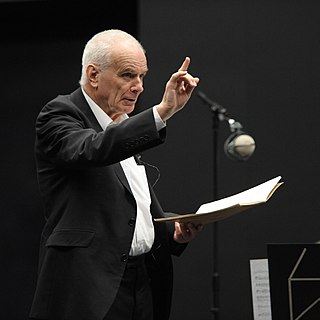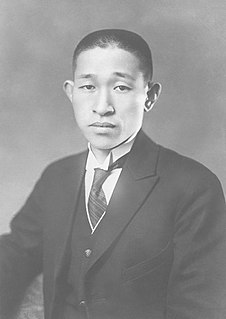A Quote by Peter Maxwell Davies
The establishment in Britain is certainly against the arts and against education. If something doesn't make a profit, it's invalid, and art doesn't make a profit in that sense.
Related Quotes
The successful producer of an article sells it for more than it cost him to make, and that's his profit. But the customer buys it only because it is worth more to him than he pays for it, and that's his profit. No one can long make a profit producing anything unless the customer makes a profit using it.
Make sure you comfort everybody, because you have so much power. The influence you do have, make sure you use that for the right things that's going to propel you, and propel your company. It's not always about making profit. I know y'all know how to make profit, and I know that's what it's about! But I'm very happy that I can come here and tell you I'm someone that has not been driven by the profit. You can succeed with the people.
We need to reverse three centuries of walling the for-profit and non-profit sectors off from one another. When you think for-profit and non-profit, you most often think of entities with either zero social return or zero return on capital and zero social return. Clearly, there's some opportunity in the spectrum between those extremes. What's missing is the for-profit finance industry coming in to that area. Look at the enormous diversity of the for-profit financial industry as opposed to monolithic nature of the non-profit world; it's quite astonishing.








































